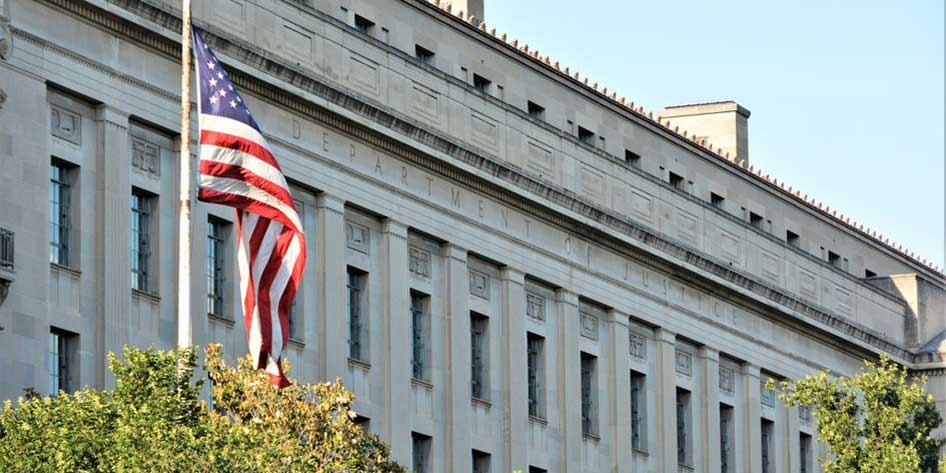New Jersey Attorney General Matthew J. Platkin today joined a coalition of 20 attorneys general in filing a lawsuit against the U.S. Department of Justice (DOJ) to block new restrictions on federal funding that supports survivors of domestic violence and other violent crimes. The lawsuit, filed in U.S. District Court in the District of Rhode Island, challenges a rule barring states from using Victims of Crime Act (VOCA), Byrne Justice Assistance Grants (Byrne JAG), and Violence Against Women Act (VAWA) grant funds to provide services to undocumented immigrants, or other individuals who cannot prove their status. Attorney General Platkin and the coalition argue that the new policy is unconstitutional and are asking the court to stop the rule from taking effect in their states.
“When someone is the victim of a violent crime, they deserve assistance and support to recover, no matter their legal status,” said Attorney General Platkin. “Not only is it the right thing to do, but it helps ensure we can hold violent perpetrators accountable. Now, because of the Trump Administration’s illegal actions, victims of crimes may go without the support they need and that federal law entitles them to—undermining their security and our law enforcement efforts. We are not going to stand by as this Administration attacks services for those who have already gone through terrible traumas and who need all of the help they can get. We are standing up for all of our residents to protect them and to ensure that they feel safe reaching out to law enforcement if they are in danger, and we are taking this Administration to court again.”
For decades, the VOCA and VAWA grant programs have enabled states to support survivors of domestic violence, sexual assault, human trafficking, and other violent crimes. The grant funds are used to help victims and survivors address immediate needs in the aftermath of a criminal act—medical and funeral expenses, emergency shelter, sexual assault kits, and more. And they are used to provide legal services to help victims and survivors navigate the criminal justice system and hold criminal perpetrators accountable. In their lawsuit, the attorneys general emphasize that all three programs have long been available to all eligible individuals, regardless of immigration status.
Last month, DOJ informed states that they could no longer use VOCA, VAWA, or Byrne JAG funds to provide legal services to undocumented immigrants. The new “Legal Services Condition” applies not only to future funding but also to grants already awarded, and is scheduled to take effect on October 31, 2025.
Attorney General Platkin and the coalition warn that the new restrictions will upend victim services programs, cut off critical resources, and discourage survivors from seeking help. If service providers have to screen victims’ or witnesses’ immigration status, they could be forced to deny protection to families in crisis – a policy that would ultimately silence survivors and erode trust between communities and law enforcement. The attorneys general also highlight the fact that many service providers do not have the capacity or resources necessary to enact such screening processes.
In today’s lawsuit, Attorney General Platkin and the coalition argue that DOJ’s new restrictions violate the Constitution’s Spending Clause by attaching retroactive and ambiguous conditions to grants that were already awarded, in some cases years ago. The attorneys general also assert that DOJ acted in violation of the Administrative Procedure Act by failing to justify its reversal of decades-long policy and by ignoring the harm the rule will cause to survivors and service providers.
Joining Attorney General Platkin in the lawsuit, which was led by New York Attorney General Letitia James, Colorado Attorney General Phil Weiser, Illinois Attorney General Kwame Raoul, and Rhode Island Attorney General Peter Neronha, are the attorneys general of Arizona, California, Connecticut, Delaware, Maine, Maryland, Massachusetts, Michigan, Minnesota, Nevada, New Mexico, Oregon, Rhode Island, Vermont, Washington, Wisconsin, and the District of Columbia.

